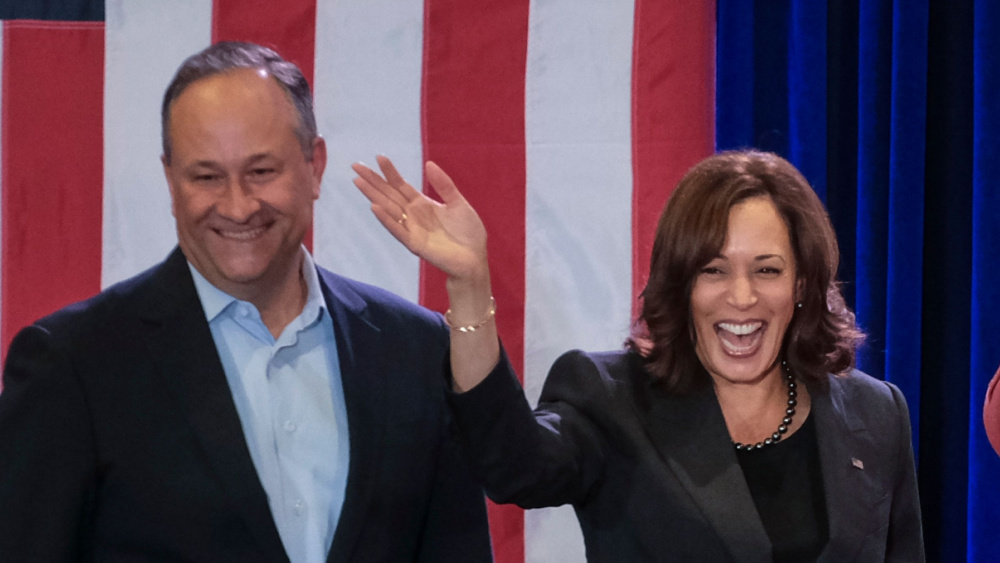
On Thursday, the White House released a comprehensive plan to counter antisemitism across the U.S. In a video clip at an event announcing the plan, President Joe Biden said the strategy is “most ambitious and comprehensive U.S. government-led effort to fight antisemitism in American history, adding “we must say clearly and forcefully that antisemitism and all forms of hate and violence have no place in America.”
The plan includes addressing the lack of education about the Holocaust, security at Jewish institutions, and the proliferation of conspiracy theories on the Internet. The strategy features four pillars: increasing awareness and understanding of antisemitism; improving safety for Jewish communities; reversing the normalization of antisemitism and building solidarity among religious groups.
Doug Emhoff, the husband of Vice President Kamala Harris and the first Jewish spouse of a vice president, said at the event that antisemitism has divided American society: “It threatens our democracy while undermining our American values of freedom, community and decency. And antisemitism delivers simplistic, false and dangerous narratives that have led to extremists perpetrating deadly violence against Jews.”
Outgoing White House domestic policy adviser Susan Rice said that to increase awareness about antisemitism, the United States Holocaust Memorial Museum in Washington, D.C. will launch the first U.S.-based Holocaust education research center. In addition, the National Endowment for the Humanities will expand its investment in K-12 education on Jewish history, adding that federal agencies have “committed to incorporating information about antisemitic bias and discrimination into their diversity, equity inclusion and accessibility training programs.”
The White House said that the FBI and National Counterterrorism Center will conduct an annual threat assessment “on antisemitic drivers of transnational violent extremism that can be shared with technology companies and other nongovernmental partners.” The center released a declassified version of its first assessment on Thursday.
Editorial credit: Ringo Chiu / Shutterstock.com






